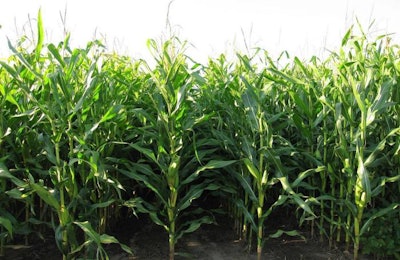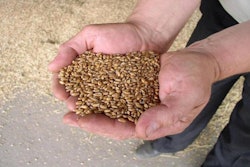
From WATTAgNet:
An analysis by the advisory group the National Academies of Sciences, Engineering and Medicine confirms that genetically engineered (GE) crops are safe to eat and safe for the environment.
The report says new techniques, such as making small genetic changes in plants using genome editing, are blurring the distinction between genetic engineering and conventional plant breeding. It says that, instead of the existing regulatory system, a new system that pays more attention to the attributes of the crop rather than the way it was created is in order.
The report was written by a committee of 20, mostly from academia. None of the committee members were from crop biotechnology companies. The committee examined almost 900 studies, heard testimony from 80 witnesses in a series of public meetings and webinars, and analyzed 700 comments from the public.
The nearly 400-page report says foods made from GE crops do not appear to pose health risks, based on chemical analyses of the foods and on animal feeding studies. The committee also said it found no evidence that GE crops had contributed to an increase in the incidence of certain diseases, such as cancer, obesity, diabetes, kidney disease, autism, celiac disease or food allergies.
“This report validates the arguments of the food and agricultural communities in that it says GMOs are safe for the environment and as ingredients in food, and that mandatory on-pack labeling will have far-reaching negative consequences on our food supply,” said The Coalition for Safe Affordable Food spokesperson Claire Parker. “Increased disclosure of ingredient information to consumers through websites, QR code, 1-800 hotline and other platforms provides more information than can ever fit on a label and helps consumers make informed decisions.”
Genetically Engineered Crops Are Safe, Analysis Finds
Genetically engineered crops appear to be safe to eat and safe for the environment, according to a comprehensive new analysis by the advisory group the National Academies of Sciences, Engineering and Medicine. However, it is somewhat unclear whether the technology has actually increased crop yields.
Read More at The New York Times















